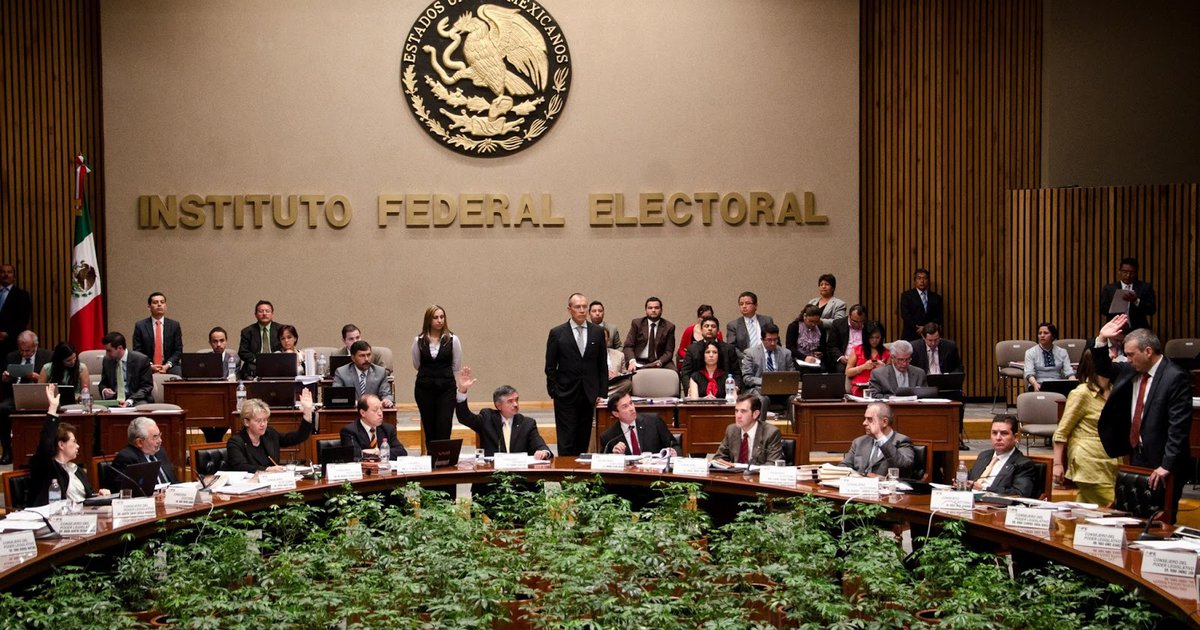Mexico’s democracy is backsliding and there is only one person responsible for this: President Andrés Manuel López Obrador (AMLO). It is not that he is deliberately trying to overturn the democratic strides the country took during its transition (which began in 1977). The problem is that his political principles, which he refers to as “what I hold dearest in my life,” are not entirely compatible with the workings of a modern democracy —namely, a formula to elect term-limited governments and whose outcome is uncertain.
To observe how this is the case, let us examine Mexico’s recent political development. Between 1977 and 1996 the country transitioned from an authoritarian regime under the hegemonic Institutional Revolutionary Party (PRI) to a multi-party democracy. Different reasons have been advanced to explain it. First, the international context marked by the democratic winds blowing especially in Southern Europe (Portugal and Spain), which later blew strongly in Latin America and Eastern Europe.
Second, the country’s internal politics marked by guerrilla activity and the public embarrassment the PRI regime endured when its 1976 presidential candidate, José López Portillo, ran unopposed. And as times changed, the PRI allowed for a modest political opening with the passing in 1977 of the Federal Law of Political Organizations and Electoral Procedures (LOPPE).
This law introduced two important changes. First, it changed the seat allocation formula in the chamber of deputies by introducing a mixed system of representation that guaranteed a minimum number of seats to the opposition. Second, it granted legal recognition to all parties —including the until-then marginalized Mexican Communist Party— and defined them as “entities of public interest.”
The PRI’s objective in passing the LOPPE was not to trigger a democratic transition but to endow itself with a democratic veneer. Unintentionally, however, this milestone marks the beginning of a transition that lasted until 1996 and whose objective was twofold: to take the electoral authority away from the PRI-government, and place it in the hands of an autonomous body.
This was achieved through almost two-decades of bargaining between the government and the opposition through formal and informal channels. The opposition leaders had two trump cards in their hands: legislative support in the chambers, and street mobilization capacity against the continuous electoral frauds in this period.
The Mexican transition to democracy in fact can be summed up as a virtuous circle between electoral fraud, street protests, and electoral reform. It is no coincidence that the main reforms were passed around a federal election: 1986, 1989–1990, and 1993-1994. Eventually, the feedback loop of the circle was closed in 1996 when a constitutional change granted full autonomy to the Federal Electoral Institute (IFE) with respect to the executive power.
AMLO arrived on the national political scene that same year, 1996, by taking over the presidency of the leftist Democratic Revolution Party (PRD), on a surprising platform: that true democracy has yet to arrive to Mexico, and will only do so through popular mobilization and not by reforming electoral laws here and there. By “true democracy” AMLO was not talking about a set of rules among political elites to compete for power on a levelled playing field. What he meant was that for “true” democracy to exist, those who represent the people (le peuple) should win elective office. This concept, le peuple, is a tricky and politically contentious one, rooted in Rousseau’s idea of the general will. And thus, if the essence of democracy is uncertainty regarding electoral outcomes, the “true” Rousseaunian version of AMLO offers absolute certainty.
PrintAlejandro Garcia Magos | Radio Free (2020-06-02T14:18:28+00:00) AMLO’s tight democratic squeeze. Retrieved from https://www.radiofree.org/2020/06/02/amlos-tight-democratic-squeeze/
Please log in to upload a file.
There are no updates yet.
Click the Upload button above to add an update.
